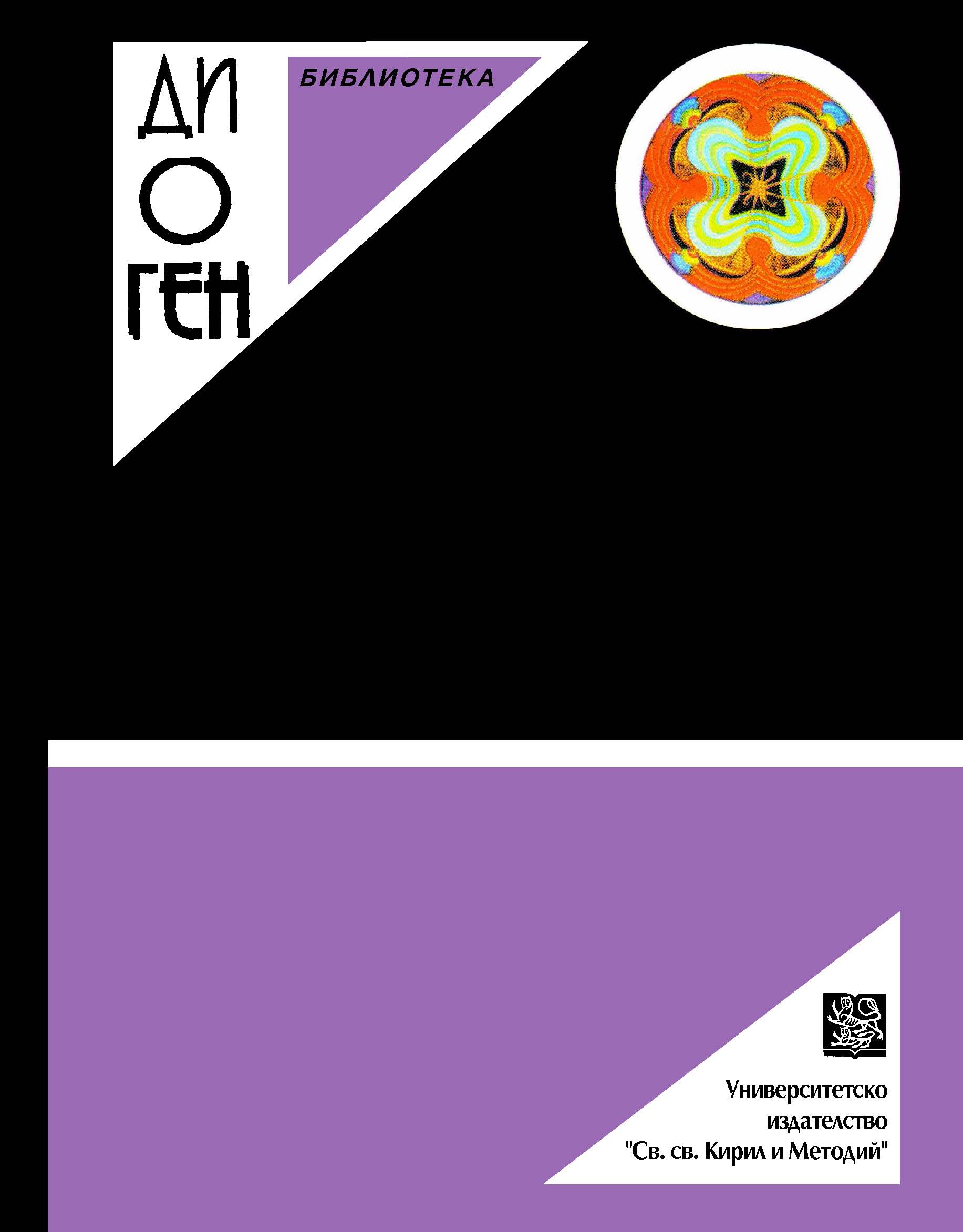Нихилизмът – негативната диалектика на Фридрих Ницше
Nihilism – the negative dialectics of Friedrich Nietzsche
Author(s): Rosen RachevSubject(s): Philosophy, Social Sciences, History of Philosophy, Philosophical Traditions, Logic, Renaissance Philosophy, 19th Century Philosophy, Pragmatism, Existentialism, Phenomenology
Published by: Великотърновски университет „Св. св. Кирил и Методий”
Keywords: Nietzsche; skepticism; nihilism; reassessment of all values; problem situation
Summary/Abstract: Human life is an endless sequence of problem situations and ways to overcome them. Friedrich Nietzsche proclaims doubt and nihilism as forms of existence in problem situation. They are the foundation of the reassessment of all values. This reassessment is oriented to traditional, approved and wide spread principles and norms in society. The skepticism is an initial position and a transitional stage of denial. If someone denies something without thinking of it, he acts emotionally. Friedrich Nietzsche is a nihilist because his attitude is based on doubts, which are rationally motivated. In this paper the arguments are derived from his books” Human, All Too Human”, and “The Gay Science”. There are a lot of similar arguments in other Nietzsche’s books that will be discussed in next papers
Journal: Диоген
- Issue Year: 2012
- Issue No: 2
- Page Range: 89-110
- Page Count: 22
- Language: Bulgarian

